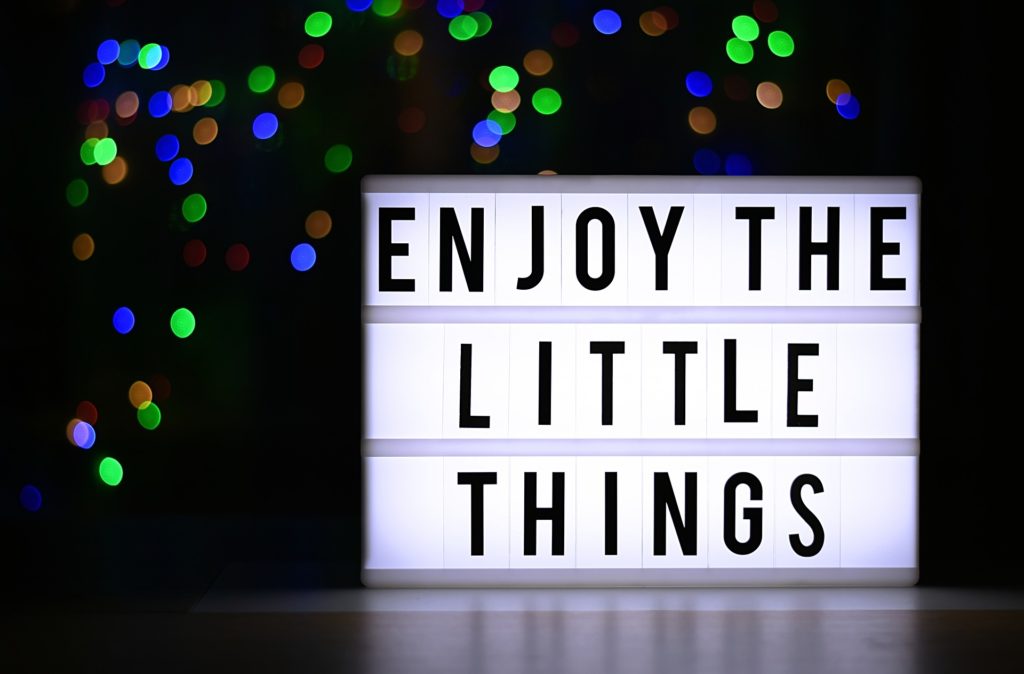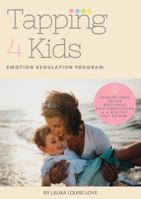“The deepest principle in human nature is the craving to be appreciated.” – William James.
You may not realise it but we all give and receive appreciation a little differently! Most nice gestures, like a bunch of flowers or a present, a compliment, hug or even having a get together over coffee, are often received well. Did you know however, that we all have a preference when it comes to the way we receive love? The way we prefer to show we care and have this done in return is called our love language. The term was coined by Gary Chapman in the mid 90’s, with his bestselling book the ‘5 love languages’ and a great deal of clinical research has gone into this as it applies to children as well as parents. Some studies suggest a preferred love language can emerge in a child as young as five years of age. Children can often have two main love languages, although one is usually dominant.
Think about the following 5 love languages: which do you or your children prefer? * Acts of service – These people like doing jobs to help other people
- Words of Affirmation – Saying nice things to others
- Quality Time – Hanging out with people you care about
- Physical Touch – The touchy-feely kids that give lots of hugs
- Receiving gifts – Making things and giving presents.
This can also translate to the classroom for students whose love language is;
- Acts of service – help them with a project they are doing or find the student some resources they might use to help them
- Words of Affirmation – Praise and encouragement means a lot to these kids. You may like to download the 100 ways to say ‘well done’ list to add a bit of variety to the praise you give and to ensure it’s received as sincere
- Quality time – you might like to reward these kids with extra time to play games in class with friends or even make time to catch up with the student during the day/week and have a conversation
- Physical touch – you can give them a pat on the back when they have done well in class
- Receiving gifts – tangible little prizes or lucky dips can work particularly well for these guys. Stickers and stamps can go a long way.
Fantastic FREE resource to check out for parents and teachers; ‘27 Kisses’ by Megan Stapleton (and Dr Peta Stapleton) – In this amazing E-book 8 year old Megan talks about her love language of physical touch, she also talks about all the other love languages from a kids perspective. It just so happens Megan’s Mum is a world renowned Clinical and Health Psychologist, so there is just the right advice for the grown-ups there too.





Leave a Reply